PROTECT YOUR DNA WITH QUANTUM TECHNOLOGY
Orgo-Life the new way to the future Advertising by AdpathwayIf there’s one thing I can relate to as a Florida gardener, it’s the necessity of watering my garden. As the garden grows, year after year, watering becomes increasingly time-consuming. What used to take ten minutes before work with a hose is now a far more elaborate situation.
Watering is one of the most fundamental parts of plant care. If you overdo it or don’t do it enough, your garden will let you know. Incorrect watering habits can lead to several issues.
The results of underwatering are well known. Most of your plants will let you know when they are thirsty, though some will take longer than others. Wilting, drying out, shriveled foliage, and droopy stems are always a call to action. There are also issues with overwatering and with watering at the wrong time of day.
One of the most influential factors in the health of your plants is the time of day you water them. A generally accepted guideline is that you should avoid watering your garden in the evening. But why is that?
Let’s discuss the reasons why you should not water your garden in the evening.
Foliage Stays Wet Overnight
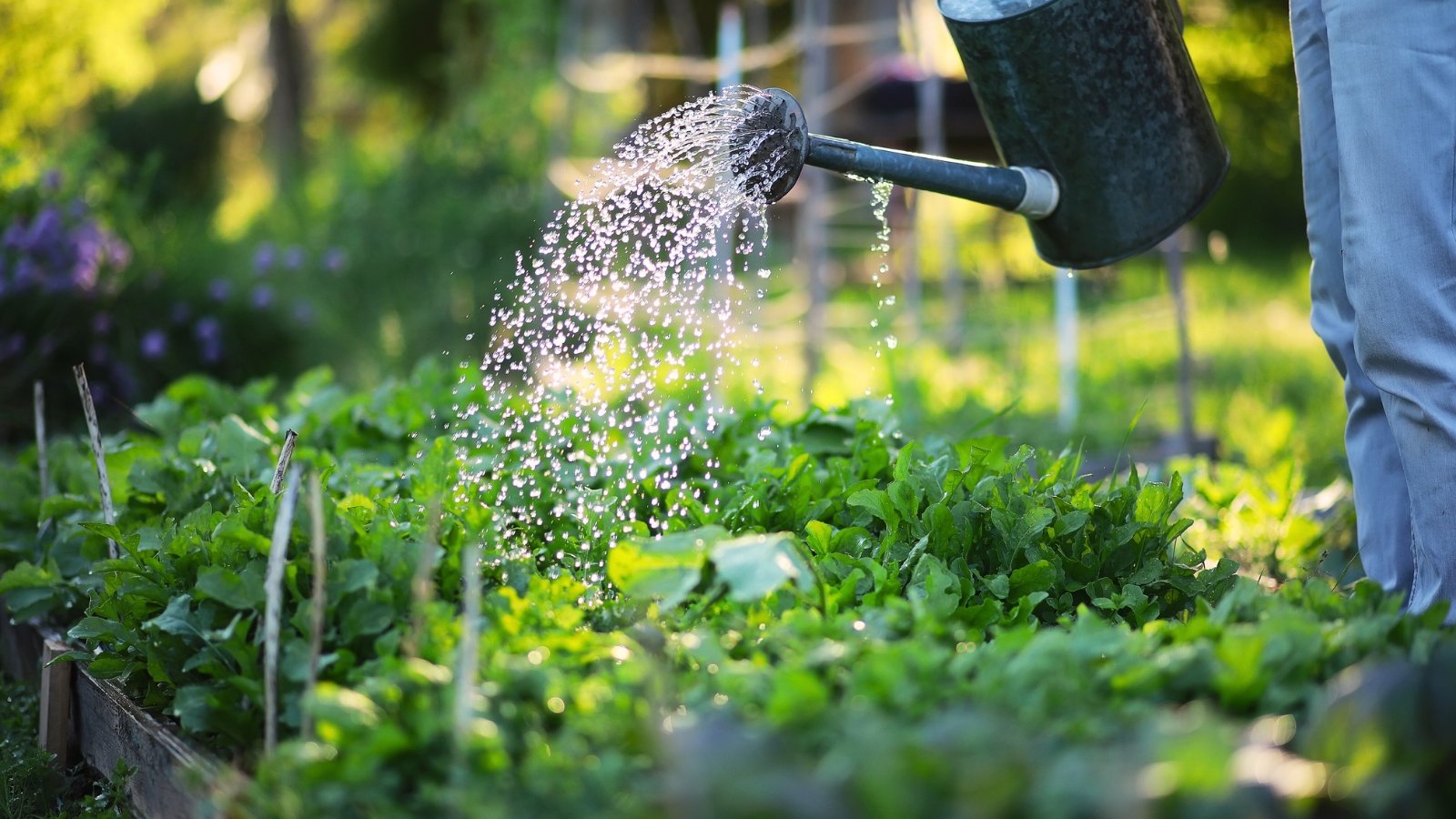 Wet leaves left overnight often invite unwanted garden troubles.
Wet leaves left overnight often invite unwanted garden troubles.I am certainly guilty of the occasional evening watering session. It starts because my dahlias are drooping, and before I know it, the whole garden has had a good, long drink. Seems harmless enough, and once in a while, it’s not a big deal. But you don’t want to make a habit of it.
When you water during the day, even if you water overhead and the foliage gets soaked, it will dry before nightfall. The sun evaporates the moisture throughout the day, and most days, your plants will be dry by sundown.
When you water in the evening, there is no sun to do the evaporating work. Watering at the base of your plants is helpful. However, it’s almost impossible to avoid getting the lower foliage wet, and that’s where you’ll most often see problems begin.
So, that water that splashes on your plants’ foliage sits there overnight without evaporating. Seems harmless enough, so why do I have this listed as a problem? Leaving water on your plants overnight can lead to some serious issues.

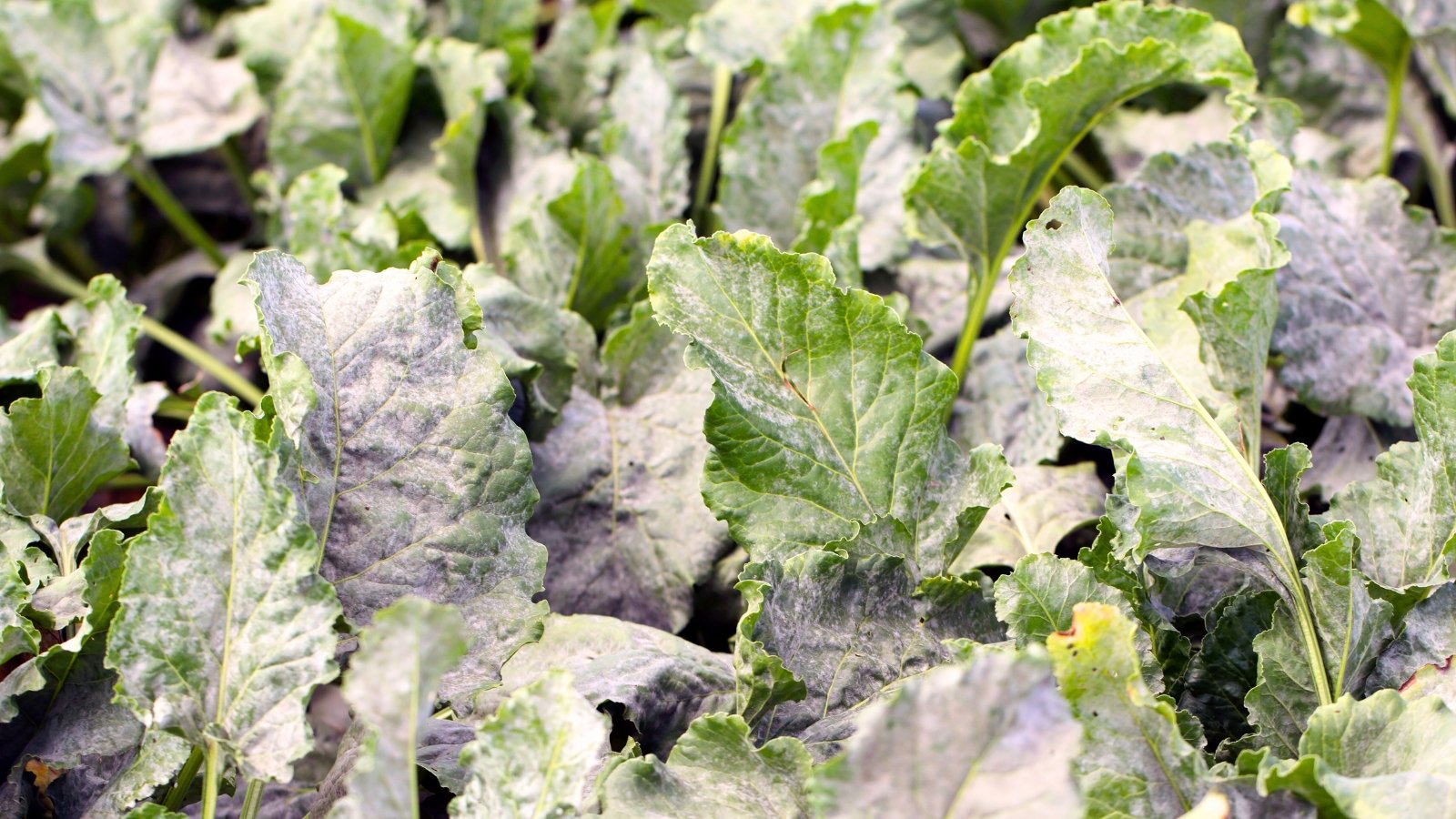 Crowded plants with wet leaves invite fungal troubles fast.
Crowded plants with wet leaves invite fungal troubles fast.Many fungal and bacterial pathogens thrive in moist, dark conditions. These pathogens are responsible for powdery mildew, downy mildew, leaf spot diseases, gray mold, and other diseases. When you water in the evening, and your plants stay wet overnight, these pathogens have the perfect environment to germinate.
Now, one or two nights of damp leaves isn’t going to result in a garden-destroying outbreak of fungal diseases. But over time, if you continue this practice, you provide them with the perfect environment to grow and spread.
This is particularly problematic in areas with dense vegetation. A lack of air circulation can exacerbate the issue. The closer together your plants are, the easier it is for these pathogens to move from one plant to another.
Watering in the evening becomes even more of an issue if you engage in overhead watering. Even during the day, overhead watering is a bad idea. By doing this, you deposit much of the water on the foliage, rather than the roots, where it’s most useful. At night, this creates the perfect storm.
If you’re already in this position, don’t panic. Light to moderate infections of most diseases aren’t impossible to manage. With the use of fungicides, most fungal diseases are curable.
Unfortunately, if you don’t change your watering habits, they are likely to return. The repeated use of fungicides is not good for maintaining a healthy garden. Adding chemicals to the garden on a regular basis is bad for the many insects and animals that contribute to a healthy ecosystem.
Attracts Nighttime Pests
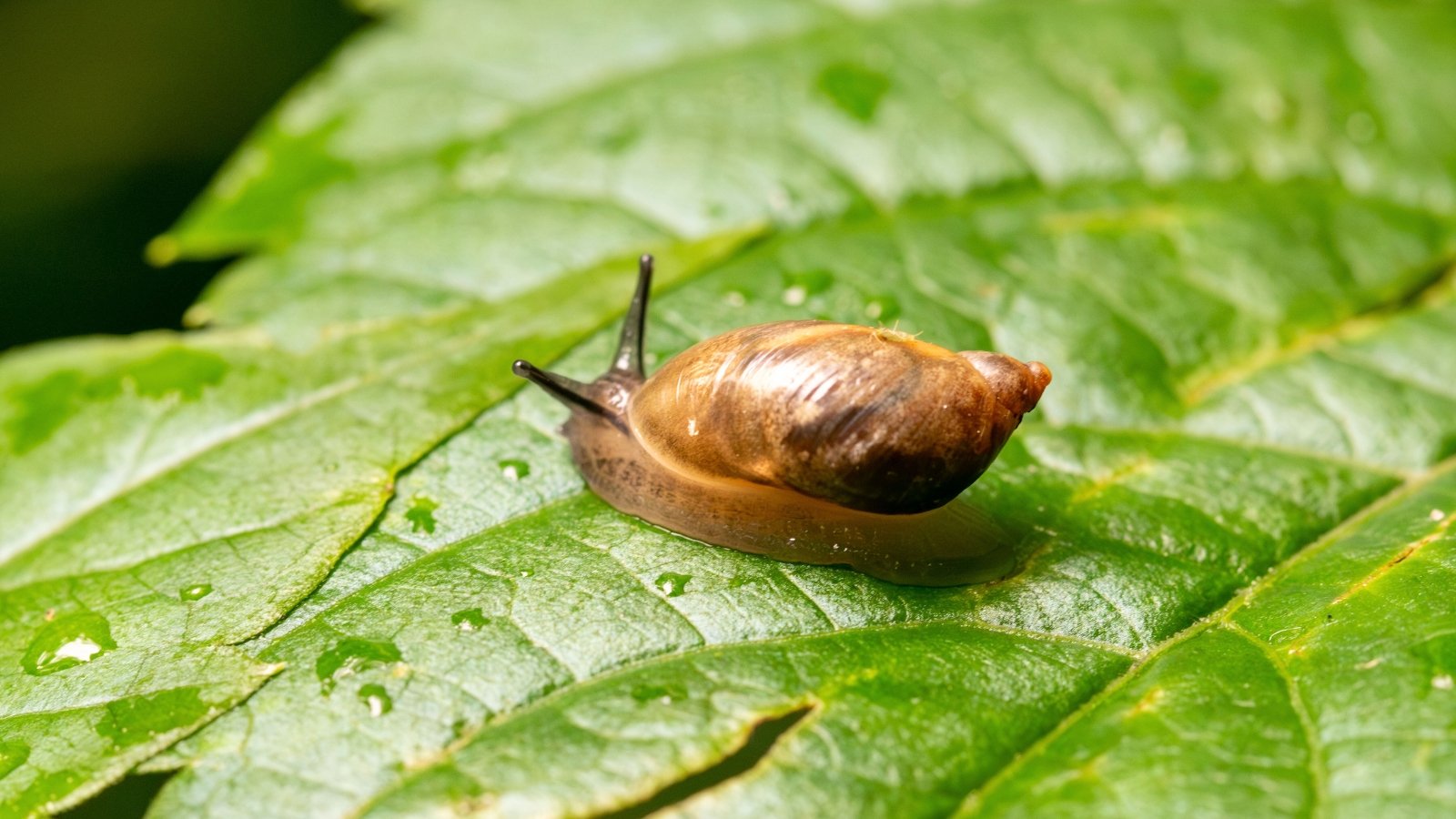 Damp plants attract snails and bugs that love tender leaves.
Damp plants attract snails and bugs that love tender leaves.It’s likely that you’ve heard about the disease issue that comes along with night watering. But a reason that isn’t discussed as often is the pest problem. When you water the garden in the evening, it creates conditions that many nocturnal pests find ideal.
Many pests that are active at night appreciate the cool, damp environment that evening watering creates. Slugs, snails, earwigs, and beetles are some examples of moisture-loving, nocturnal pests. They are drawn to moisture because it helps them to move around, and in some cases, prevents them from drying out.
Some insects prefer moist conditions because it makes the foliage tender and easier to feed on. Others are attracted to wet foliage and flowers because they thrive on soft, or sometimes decaying, plant material.
Fungus gnats prefer cool, moist soil, as this is where they lay their eggs. Moths also appreciate moisture on leaves and prefer to lay their eggs in moist, shady spots. If they are attracted to a space for this purpose, they are more likely to feed on these same plants.
What To Do Instead
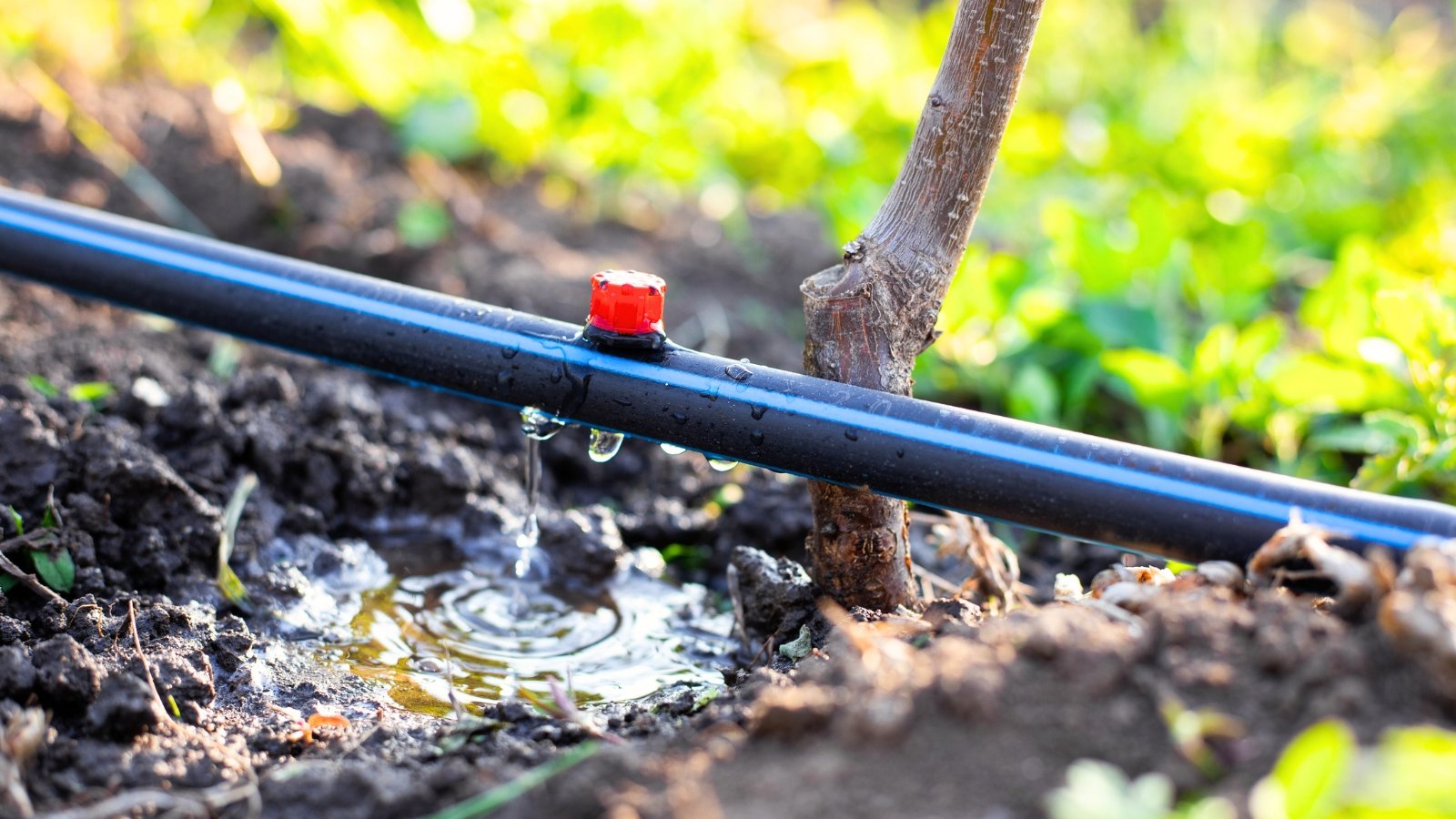 Soaking roots early keeps plants happy through hot afternoons.
Soaking roots early keeps plants happy through hot afternoons.We’ve established that the ideal time to water your garden is not in the evening. So, when is it? The best time to water your garden is in the early morning. As soon as the sun peeks over the horizon, you’re fine to go out to the garden and get started.
The reason that morning watering is best is multi-faceted. We know that it prevents water from sitting on the foliage overnight. In this way, it helps to prevent both pests and diseases from wreaking havoc.
An added benefit of watering in the morning is that the moisture won’t evaporate as quickly. Early in the day, the air is moist and cool, and the sun is not yet overhead. This allows plenty of time for the water to soak into the soil and for the roots to absorb it.
Watering in the morning creates an environment of optimal hydration. It sets your garden up to withstand the heat of the day without dehydrating and burning under the intense sun. This is particularly important during the hotter summer months.
Regardless of the time of day, it’s best to water at the base of your plants. Overhead watering deposits water on the foliage, regardless of the time of day. You waste water in this way, and less of the moisture reaches the plant’s roots.
Water your plants early in the day, and if possible, set up drip irrigation or use soaker hoses. Doing this will conserve water and offer the greatest benefit to all of your beautiful plants.


 4 days ago
36
4 days ago
36
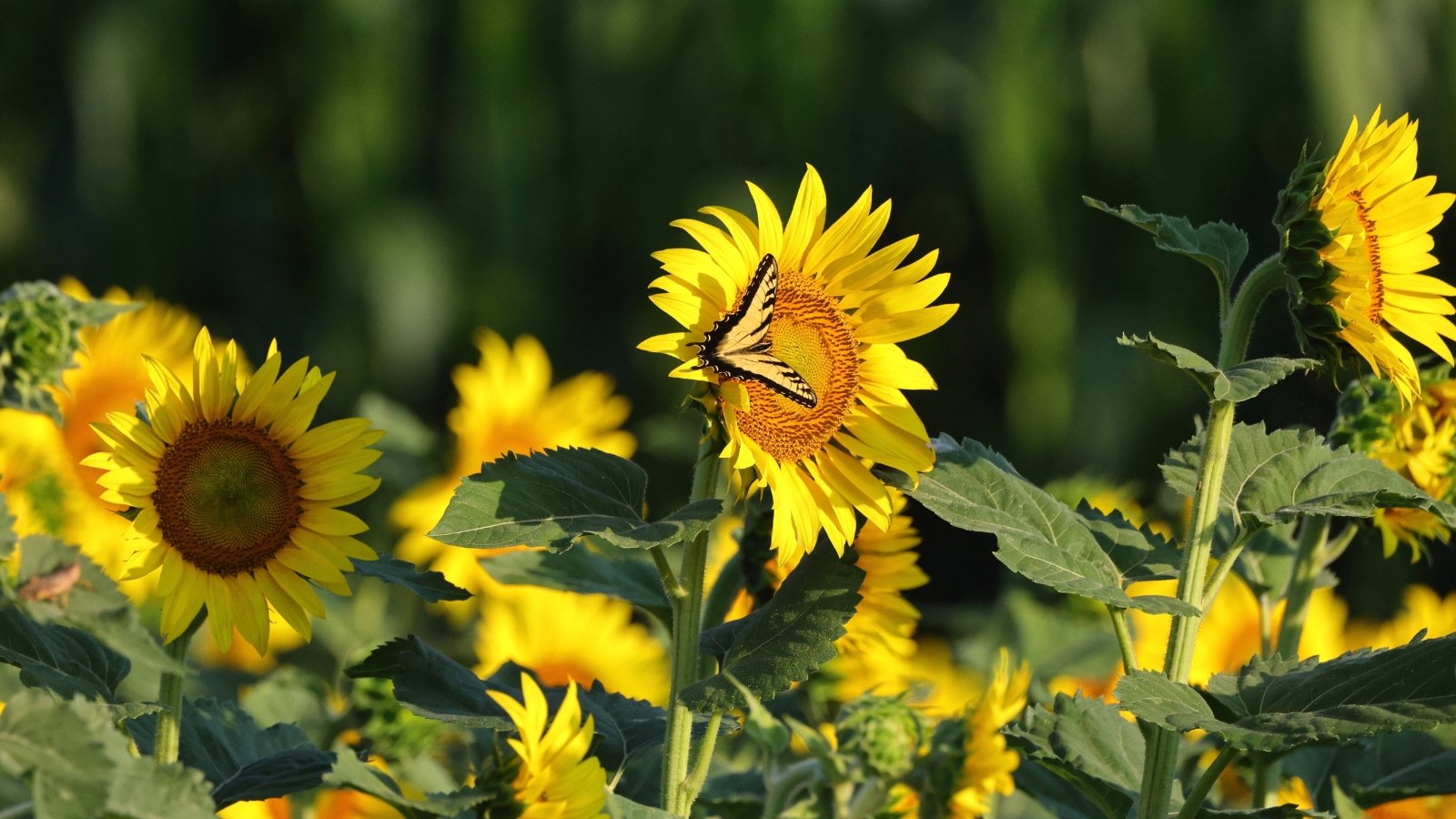
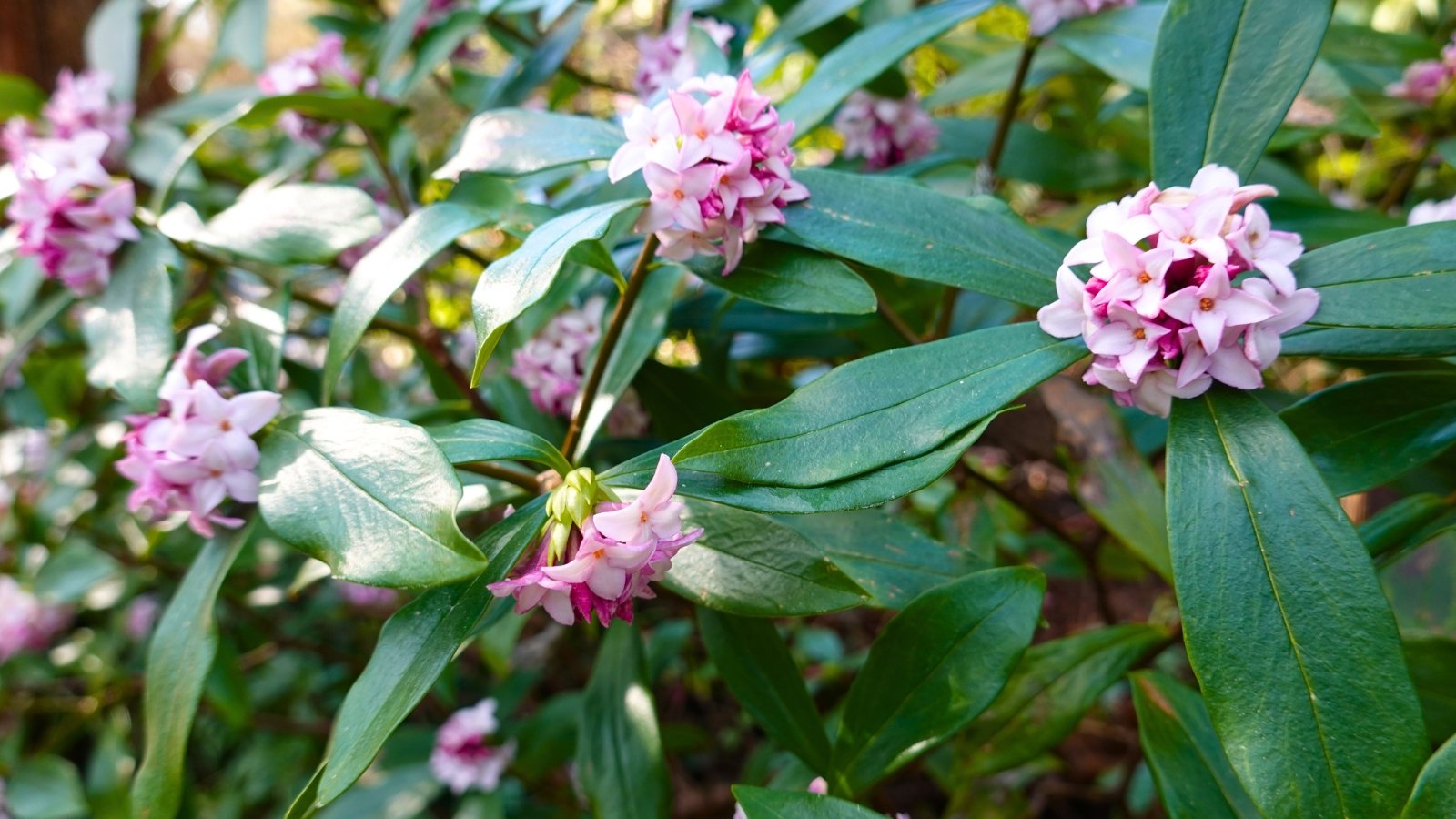

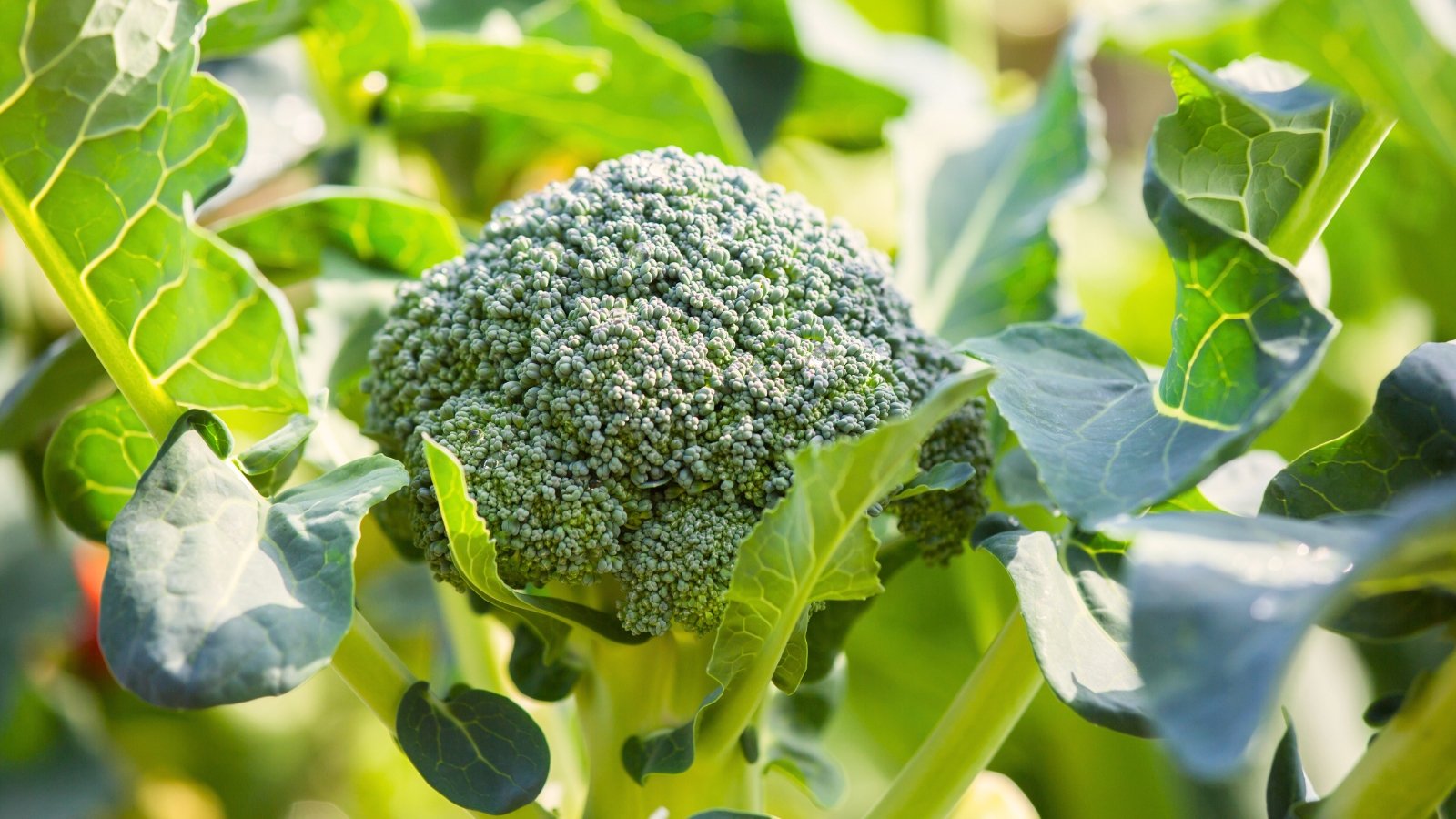

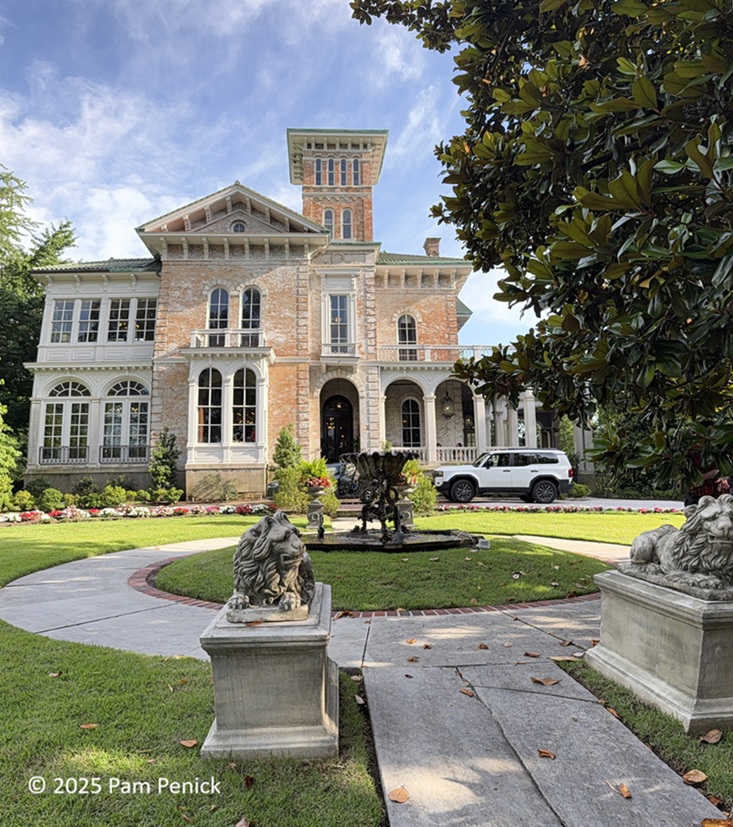















 English (US) ·
English (US) ·  French (CA) ·
French (CA) ·